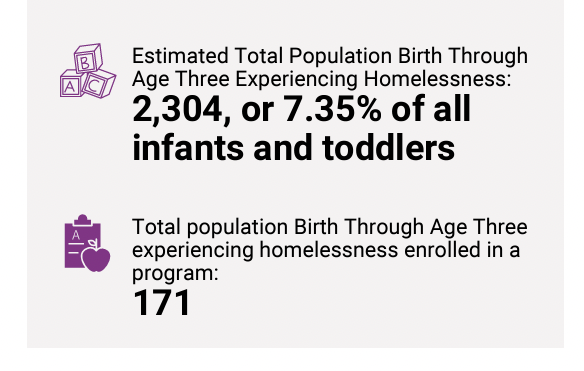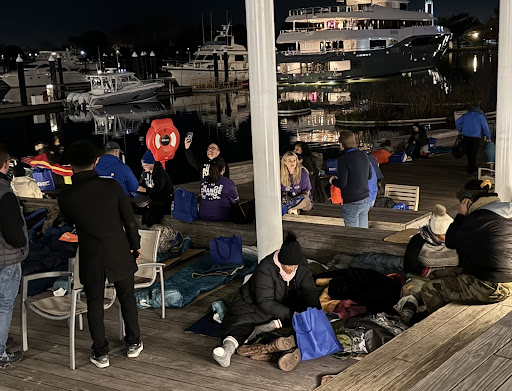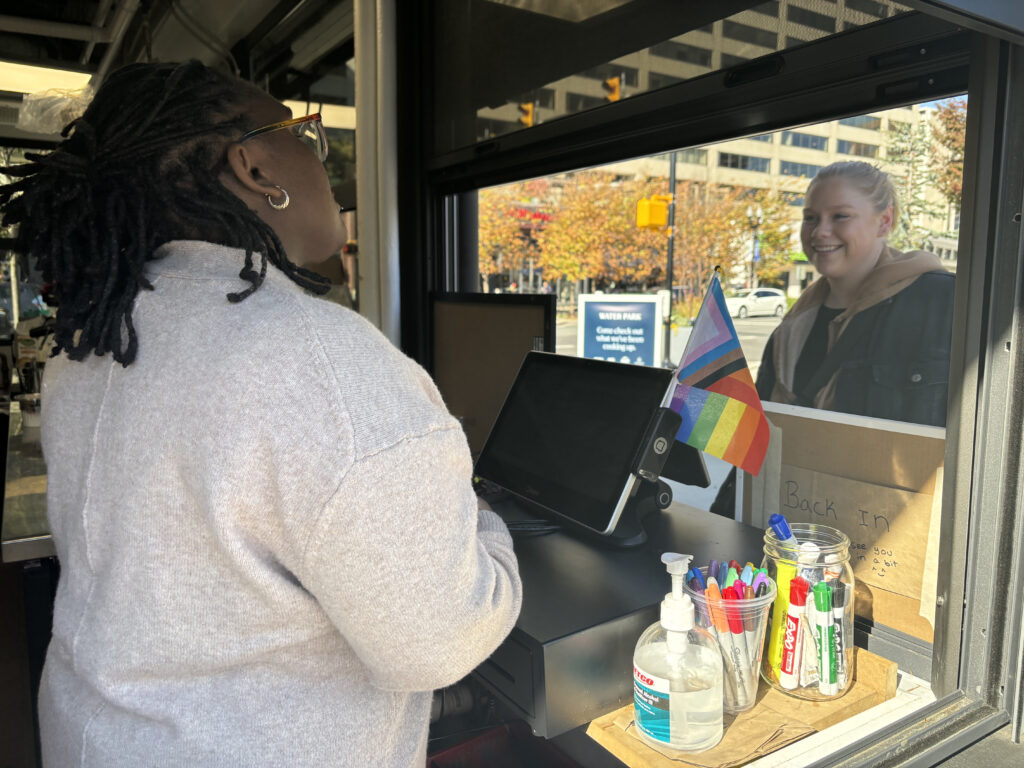KOLKATA, India – “May I come in, Miss?” asks seven-year-old Ajmiri Khatun, her face beaming with her radiant smile. Her teacher, Pujo Roy, gladly welcomes her into the eight-square-foot educational facility de-signed for Indian children like her.
“Thank you, Miss,” says Ajmiri, as she enters the Kidderpore ‘Berab-henge’ centre, sits cross-legged on the floor and starts doing her homework.
Every day, from her school, Ajmiri proceeds to the centre where she waits for her mother, a commercial sex worker (CSW ), to return from her work. Home for her and her family is a dilapidated shanty by the Sealdah railway in Kolkata city, where the stench of urine and garbage never goes away.
Ajmiri is also a student at the Lore-to Day School, a 153-year-old private English medium school in Sealdah, a throbbing commercial hub in Kol-kata, capital of West Bengal in eastern India.
She is proud of this opportunity to be able to go to one of the finest schools in Kolkata, and this she owes to the ‘Berabhenge’ (translated as ‘break the barriers of stigma’) children’s education centres, run by a network of CSWs across West Bengal.
Roy, 26, a teacher, friend and men-tor to Khatun and other children like her, is herself the daughter of a CSW. After completing high school, she got married and then decided to devote her life to serving as a teacher to CSW children.
The Berabhenge centres, currently numbering 22 across the state, are alternative education providers, operated by the Durbar Women’s Collaborative Committee, popularly known as the Durbar (“The Indomitable”).
The Durbar is a network of 65,000 CSWs in West Bengal. Its main office is in Sonagachi, considered one of Asia’s largest red light districts. The non- government organisation was organised in 1995 as part of a public health initiative to control the spread of HIV/AIDS and sexually transmitted diseases (STDs).
The Berabhenge centres that the Durbar operates are designed specifically for CSW children and are fund-ed by local and international donor agencies, which cover, among others, the salaries of teachers like Roy.
The centres’ services, which are offered for free, include vocational training courses such as embroidery, basic cosmetology and playing musical instruments. There children like Khatun and even young adults, can safely and comfortably wait for their mothers, usually out from 4 to 10 p.m., as they eke out a living on and off the streets, usually in brothels.
Muhammud Sahalam, a 19-year-old gangly Class eight dropout, earns 100 rupees (2.5 U.S. dollars) a day as a perfume salesman but is training to become a beautician at the Kidder-pore ‘Berabhenge’ centre.
Others who go to any one of the Berabhenge centres aim to become electricians, television and radio re-pairmen or photographers.
Sixteen-year-old Rani Khatun (no relation to Ajmiri), who is learning to bead dresses at the Kidderpore centre, is eagre to earn so she could wean her mother away from the flesh trade.
The Berabhenge centres are the Durbar’s answer to the Indian apex court’s controversial proposal to legalise prostitution in order to solve the proliferation of trafficking and the sex trade in the state. In a December 2009 public interest litigation against child trafficking for commercial sex trade, the court said, “if you (central government) cannot handle it, legalise it.”
Today there are more than 900 children of CSWs in the Berabhenge centres in West Bengal. About 700 of them go to formal schools while 75 are in residential or boarding schools, which function more like orphanages.
Tanjila Khatun, 15, has found a second home in the Berabhenge centre where she goes.
At home Tanjila, who also bears no relation with Ajmiri, says she tried to escape feelings of being trapped in a cramped space by reading her school-books while in an adjoining cubicle, separated only by a plyboard, her mother entertains drunken, foul-mouthed men.
“It can drive you to do insane things,” she says. The centre gives her the space she needs and more. But beyond its walls, she faces constant discrimination, as do many children of CSWs like her.
Tanjila, who loves to dance, says no dance group in the city was willing to take her into its fold simply because she was from Sonagachi. So she and her friends – all children of CSWs – formed ‘Komal Gandhar’ (loosely translated as the performing arts), a cultural group that performs across the country. Lead performers trans-gender Sambhu Das, 21, and Nitai Giri, 41, tell their stories as CSWs in their performances.
“Our theatre pieces are most popular with the public; we present stories of our own everyday experience that we alone can best tell,” says Giri.
Tanjila and the others lead the ‘Amra Padatik’ (or foot soldiers) – an army of children of CSWs who spread awareness about children’s rights, exploitation and child labour to communities.
One feature of the Durbar is its peer educator programme. Selected CSWs are informed about HIV/AIDS, STDs and the use of condoms before they are sent to the homes of other CSWs as peer educators. The resulting camaraderie and deep solidarity among them has led to unprecedented campaigns in the state for the rights of CSWs and their children, including legalisation of commercial sex and access to education.
“We realised that we needed to take control of ourselves to counter the everyday harassment (inflicted on us by society) and lead a life of respect and dignity,” says Puspa Sarkar, a peer educator.
Besides being witness to constant violence at home and on the streets, the children of CSWs are constantly at risk of harm from police and goons.
“The police themselves are involved in atrocities, and lodging complaints against them becomes impossible. During regular brothel raids, they take away the children (found with their CSW mothers) and bring them to shelters, only to be brought back after the mothers pay hefty bribes to the police officials,” says Oishik Sircar, a human rights lawyer who interned with Durbar. “The cycle of violence continues.
Courtesy of Inter Press Service.
© Street News Service: www.street-papers.org








